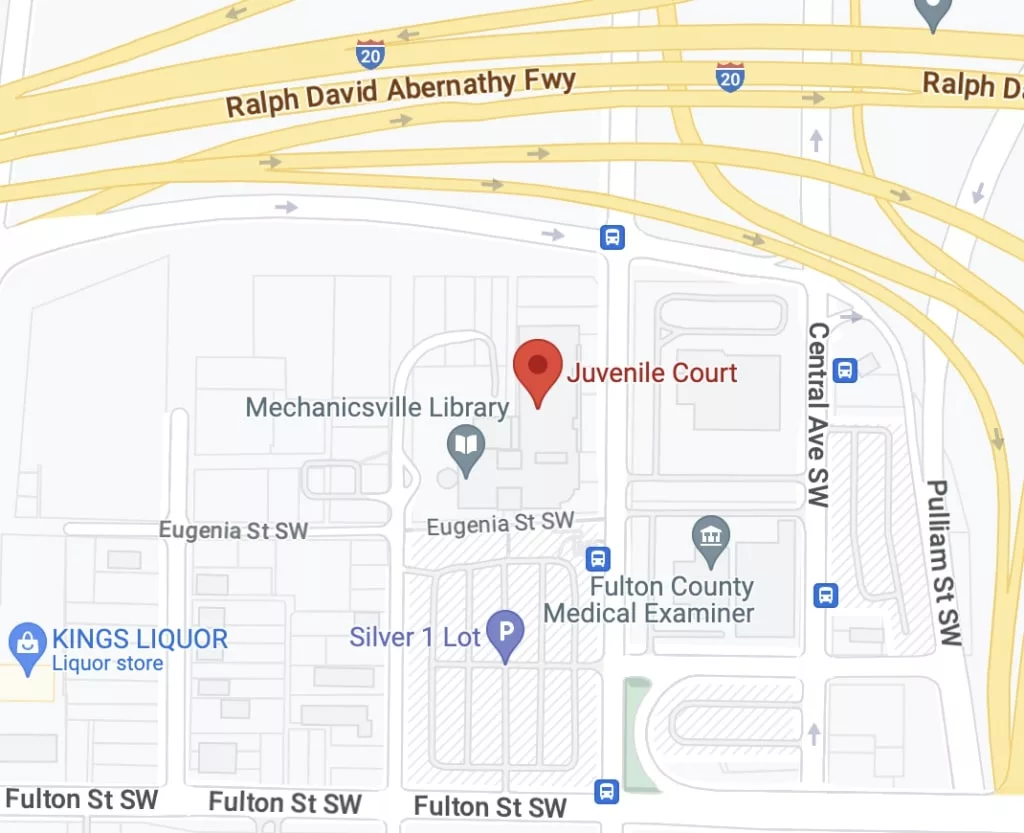The Department of Integrated Services is committed to empowering families and youth by offering a wide range of support and clinical services, including prevention, early intervention, and evidence-based treatment. By unifying all services within a single department, they aim to eliminate barriers and reduce delays, ensuring families can quickly connect with the resources they need.
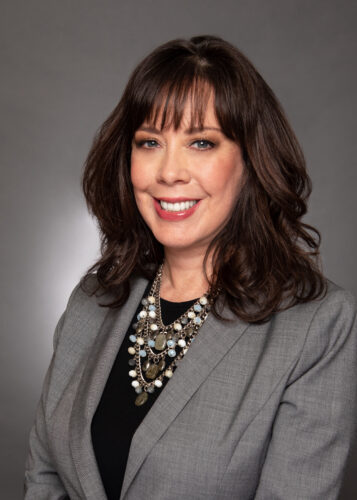
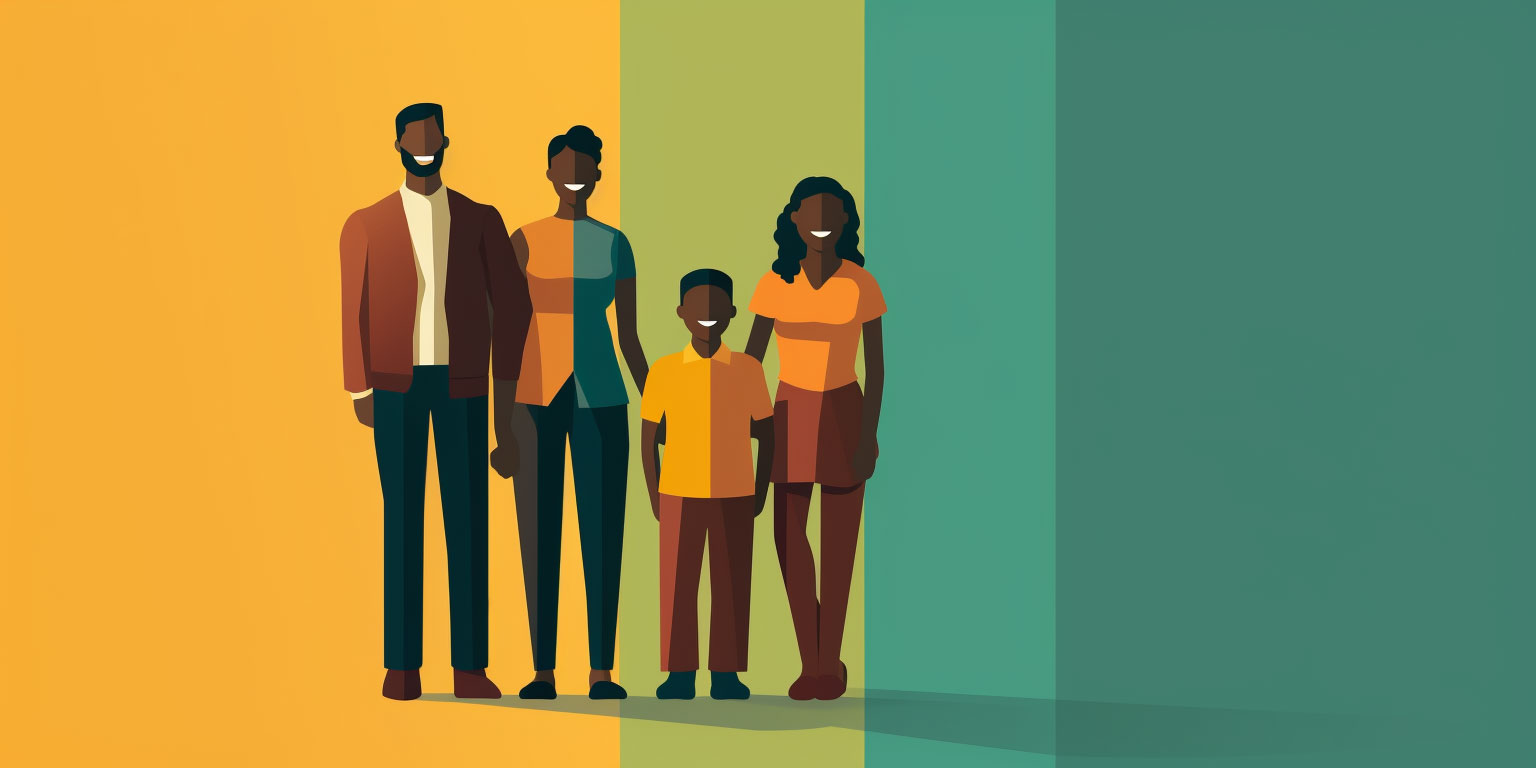
La Unidad de Programas
Programas basados en pruebas
Fulton County Juvenile Court receives funding to provide evidence-based services to youth on probation. The Juvenile Justice Incentive Grant (JJIG) program is designed to reduce both juvenile felony commitments to the Georgia Department of Juvenile Justice and short-term program admissions through the use of evidence-based programs shown to reduce recidivism and to promote a positive relationship among the youth, their families and their communities. The JJIG funds aggression replacement training, multisystemic therapy and trauma focused cognitive behavior therapy services.
Unidad de Preservación Familiar
The Family Preservation Unit implements and connects court and community-based programs and services to youth and families served by the court. The Unit supports the mission of the court by engaging community partners and service providers as well as the youth and their parents to strengthen families. The Unit also assists with programming for the court’s employees.
Student Internship Opportunities
The court hosts internships for rising undergraduate juniors and seniors and graduate students from accredited universities/colleges. Students seeking an internship should be in good standing with their university/college and have a suggested minimum GPA of 3.0 (or the equivalent on a different grading scale). Students seeking a field placement for academic course credit must meet the university/college’s minimum requirements to participate in an internship placement.
To apply, please complete the Student Internship Application and email it to [email protected].
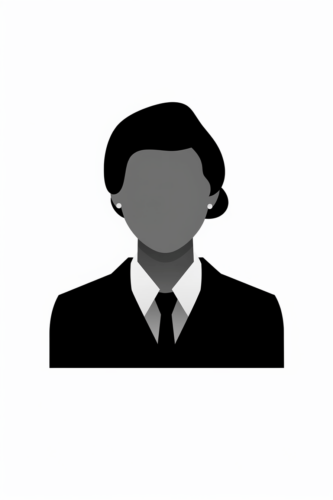
La Guía de Recursos Comunitarios ofrece información sobre programas y servicios juveniles basados en pruebas que proporcionan componentes de las mejores prácticas recomendadas y ofrecen servicios especializados a poblaciones específicas de jóvenes. Esta útil herramienta es utilizada por el personal de los tribunales, los jóvenes y las familias, y está clasificada por asistencia educativa, asesoramiento de salud mental, tutoría, servicios de liderazgo y participación comunitaria.
Los programas adecuados se adaptan a los jóvenes en función de los niveles de riesgo, las necesidades y los tipos de servicios, al tiempo que se garantiza la incorporación de enfoques terapéuticos, terapias cognitivo-conductuales, asesoramiento, formación en habilidades y apoyo familiar.
Tribunal de Tratamiento de la Dependencia Familiar
The Family Treatment Court is a collaborative effort of the Fulton County Juvenile Court, Department of Family and Children Services, its legal counsel, the Fulton County Department of Behavioral Health and Developmental Disabilities, the Parent Attorney Office, the Child Attorney Office, and numerous treatment providers.
The Family Treatment Court is a voluntary program established by the Fulton County Juvenile Court as an alternative to the adversarial approach traditionally used in dependency cases which involve the participation of parents who have been drug dependent and in need of drug treatment and rehabilitation counseling services.
This intervention model used by the Family Treatment Court consists of interrelated components that, when combined, have resulted in the preservation of the removal of children from their homes or reunification of families with enhanced permanency in the lives of children while effectively addressing the underlying disease of chemical dependency of the participants.
The participants are required to attend court frequently and are subject to intensive supervision with input from a multidisciplinary team of professionals led by the judge. The team works together to provide a highly structured and coordinated approach to treating the parent’s disease of substance abuse and addressing parenting deficits which resulted from such abuse, while simultaneously ensuring participants are accountable for their choices and behavior.
The mission of the Family Treatment Court is to preserve the family through court intervention by fostering the reunification of families, to improve the quality of life by effectively connecting participants with resources to lead sober and clean lives, maintain healthy relationships and positive outcomes in the areas of education, job training and community connections resulting in sustained sobriety and reduction of the number of children who must be removed from the home to ensure their safety in the future.
Admisibilidad
Para poder participar en el Tribunal de Tratamiento de Dependencia Familiar, los posibles clientes deben cumplir los siguientes criterios clínicos y del programa:
El padre debe:
- Residir en el condado de Fulton, tener un caso activo en el Tribunal de Menores y ser padre legal, que es el cuidador principal de un niño de 12 años de edad o menor.
- No tener denuncias previas confirmadas de abusos físicos o sexuales a menores; y
- Tener alegaciones de dependencia/CHINS derivadas de abuso o dependencia de sustancias
El padre debe tener:
- La capacidad de participar activamente en el programa de tratamiento de abuso de sustancias según las indicaciones del proveedor de tratamiento de abuso de sustancias y del tribunal.
- Ausencia de trastornos mentales significativos que impidan la capacidad del progenitor para participar activamente en el tratamiento.
- No padecer enfermedades crónicas o terminales que requieran un tratamiento médico exhaustivo que limite la capacidad del progenitor para participar activamente en el tratamiento.
- Ningún comportamiento violento que pueda poner al progenitor o a los participantes del Tribunal de Tratamiento de la Dependencia Familiar en riesgo de sufrir lesiones debido a la participación del progenitor en el programa.

Estructura del programa
El programa del Tribunal de Tratamiento de la Dependencia Familiar se divide en cuatro fases individualizadas con un enfoque progresivo en el tratamiento y la rehabilitación.
- Freshmen: this phase involves weekly court sessions, consistent treatment attendance, 12 to 18 weeks of negative drug screens and compliance with sanctions and recommendations from the treatment provider, DFCS and Family Dependency Treatment Court team.
- Sophomore: this phase involves court sessions every other week, consistent treatment attendance, 12 to 18 weeks of negative drug screens, compliance with sanctions and recommendations from treatment providers, DFCS and the Family Dependency Treatment Court team, and consultation with health care professionals regarding family planning issues.
- Junior: this phase involves court sessions every three weeks, consistent treatment attendance, 12 to 18 weeks of negative drug screens and compliance with sanctions and recommendations from treatment providers, DFCS and the Family Dependency Treatment Court team.
- Senior: this phase involves monthly court sessions, 12 to 18 weeks of negative drug screens, a relapse prevention plan and the completion of all graduation requirements, such as obtaining housing and employment.
Socios colaboradores
The Family Dependency Treatment Court is a collaborative effort between: Fulton County Juvenile Court, DFCS and its legal counsel, Fulton County Department of Behavioral Health and Disabilities, the Child Advocacy Attorney, the Parent Attorney, Court Appointed Special Advocates (CASA), the Center for Health and Rehabilitation (CHR), youthSpark, St. Jude’s Recovery, the Mary Hall Freedom House and My Sister’s House / Atlanta Union Mission.
Tribunal de Menores sobre Drogas (C.H.O.I.C.E.S.)

Choosing Healthy Options Increases Confidence, Excellence and Success (CHOICES) is the name of the Fulton County Juvenile Drug Accountability Court Program. Drug courts integrate alcohol and other evidence-based treatment services with juvenile justice case processing.
CHOICES is a highly structured, non-adversarial, team-based approach, 12 – 24 month voluntary intervention program for moderate to high-risk youth, who have been assessed to have a substance use disorder and/or be dependent upon alcohol. CHOICES strives to reduce substance use and recidivism of participants through evidence-based treatment services. CHOICES seeks to empower participants to make better choices by encouraging family and community support.
CHOICES utilizes interventions focusing on intensive substance use treatment and probation supervision, with frequent court appearances, educational support, random drug testing, mentoring, and individual, group and family counseling. The Court awards incentives for compliant behavior and imposes graduated sanctions for negative behavior.
Admisibilidad
Youth who meet the following criteria should be referred to drug court (A youth does not have to meet all criteria to be referred):
- 14 – 17 years of age
- Resident of Fulton County
- Youth Assessment Screening Instrument (YASI) score of medium to high risk for substance use
- Pre-disposed Risk Assessment (PDRA) score of medium to high risk for substance use
- Self-report or parent report of substance use
- Drug related offenses
- Multiple positive drug screens
Youth with significant mental health disorders, significant developmental delays or those with chronic or terminal medical conditions are not good candidates for Juvenile Drug Court.
Estructura del programa
Using the framework identified by Juvenile Drug Court: Strategies in Practice, CHOICES is a four (4) phase Accountability Court Program. Participants must complete the requires of each phase before applying to the next phase. Throughout all phases, participants submit to random drug screening a minimum of 2 times per week, participant in evidence-based treatment and receive community-based surveillance services and educational support.
- Freshman (Assessment Phase): The goal of this phase is to complete the assessments needed to develop comprehensive case and treatment plans and to acquaint participants with the program.
- Sophomore (Engagement Phase): In this phase, participants begin to structure their time and focus on attending treatment, appearing in court, attending court programs and on being accountable.
- Junior (Change Phase): The goal of this phase is for participants to begin applying the skills they learn in treatment to avoid substance use, make better decisions, develop positive life skills, replace negative behaviors, improve school attendance and grades.
- Senior (Empowered Phase): Participants focus on maintaining positive behaviors and develop a Relapse Prevention Plan that will help them to identify and overcome triggers. Participants also begin their step-down process and identify a continued care program.
After completing all phases, participants will graduate. After successful completion of the program, participants can petition the Court to have their Juvenile Court records sealed.
Socios colaboradores
C.H.O.I.C.E.S. es un esfuerzo de colaboración entre el Tribunal de Menores, la Oficina del Fiscal del Distrito, la Oficina del Defensor Público, el Departamento de Libertad Condicional del Tribunal de Menores, el Departamento de Defensa Educativa del Tribunal de Menores, la Oficina del Fiscal de Menores del Condado de Fulton, los proveedores de tratamiento, la familia, los mentores y varias organizaciones comunitarias. La participación de los padres o tutores legales en el programa es vital para el éxito del participante y del programa.
ASCEND Program

The Alternative Solutions Creating Excellence Not Detention (ASCEND) Program launched in March 2022. The ASCEND Program seeks to reduce recidivism and foster rehabilitation amongst high-risk youth in the community through the implementation of evidence-based programs, facilitated in an accountability court model.
By partnering with community stakeholders, ASCEND implements intensive and judicially monitored evidence-based programs and strategies for youth who are at risk of commitment to DJJ or secure confinement.
Admisibilidad
The ASCEND Program offers intensive supervision and case monitoring services. Participants are required to attend bi-weekly court status review hearings. ASCEND provides evidence-based programming such as Aggression Replacement Training (ART), Victim Impact, individual and family counseling services to facilitate behavior modification and improve decision-making skills. Parents are also required to participant in treatment services.
ASCEND may accept youth who meet the following criteria:
- Fulton County resident
- 14-16 year of age
- Class A and B Felony Adjudications OR Non-Final
- Commitment to DJJ Disposition
- Moderate to high PDRA score (2+)
- Medium to high YASI
- Pre- or Post-disposition (Post-disposition 90 days or less)
Estructura del programa
ASCEND, Alternative Solutions Creating Excellence Not Detention, is a 10 to 12 month, four (4) phase Accountability Court structured program. Participants are required to attend bi-weekly status review hearings in each phase.
- Freshman Phase: In this orientation phase, participants complete all required assessments, treatment and case plans, focus on attending treatment, appear in court and other court-ordered programming.
- Sophomore Phase: In this phase, participants focus on maintaining treatment and charting a path toward attaining other goals. The phase lasts 10 to 12 weeks.
- Junior Phase: In this phase, participants will focus on developing healthy life skills designed to help them function better in the community.
- Senior Phase: In this phase, participants focus on behavior sustainability and continuing to use the skills and tools gained in the previous phases.
The goals of the ASCEND Program are to: reduce the number of youths committed to DJJ or secure confinement; decrease recidivism, increase protective factors for social emotional skills, increase innovative and meaningful opportunities for youth and to increase meaningful family engagement. Therefore, ASCEND utilizes a collaborative multidisciplinary team approach between the District Attorney’s Office, the Office of the Public Defender, the Juvenile Court’s Programming and Grants, Probation, and Court and Family Services Departments, the Fulton County Child Attorney’s Office, treatment providers, mentors, and various community organizations. Parent or legal custodian involvement in the program is vital to the success of the participant and the program.
Y.O.U. (Youth Opportunity Unit)

The Y.O.U Team consists of a 1) case manager; 2) probation officer; 3) guardian ad litem; 4) assistant district attorney; 5) assistant public defender; 6) community engagement officer; and 7) peer mentor. An educational advocate is appointed if needed. The Court takes an active role in monitoring the participant’s progress through court hearings and programming while collaborating with the Team to ensure the participant’s success.
Admisibilidad
Y.O.U. is designed for older teenagers who need additional support beyond traditional probation services and community programs. To qualify, participants must meet the following criteria):
- Age Requirement: Must be between 15-17
- Legal Status: Must be adjudicated delinquent
- Risk Level: Moderate to High risk as determined by the Court following disposition hearing and assessment of the youth’s YASI and PDRA scores
- Case History:
- Repeat offender (unsuccessful juvenile probation)
- Multiple open cases and/or
- Firearm-related charges
- Commitment: Voluntary program
Estructura del programa
The Y.O.U. (Youth Opportunity Unit) Program is a structured, accountability-based initiative designed to support older teenagers in making positive life changes and to redirect them from the criminal justice system. As a recidivism reduction program, it targets youth adjudicated for public safety offenses with firearms and/or youths that qualify as repeat offenders. Participants commit to a minimum of 12 months with the option to extend to 24 months in the program, followed by connections to community-based programs for aftercare support to ensure prolonged behavioral change and a productive transition into adulthood.
Y.O.U. provides the participant with a holistic, individualized case plan that focuses on the Four Pillars of Success: 1) Mentorship/Community; 2) Education, 3) Employment, and 4) Transitional Skill Development.
The team MEETs the participants where they are and creates individualized goals within each Pillar of Success. While group and skill-building sessions are scheduled throughout the year, each participant’s plan is unique and is not structured in a phase system. To encourage success, the program offers incentives for achievements like good grades, employment, and active participation. At the same time, sanctions are in place for behaviors such as suspensions, lack of engagement, or unexcused absences from school or court. Through guidance, accountability, and opportunity, Y.O.U. empowers teenagers to take control of their future and make meaningful progress toward independence.
The program generally meets on the first and third Friday of each month, with sessions held at the courthouse, on virtual platforms,or community locations for organized outings. The program aims to expose participants to new experiences, including trips to the Capitol and Georgia Supreme Court.
Community Partners
The Y.O.U.Program collaborates with a diverse network of organizations and community-based partners to provide comprehensive support for participants. Key partners include the Atlanta Police Department and the Atlanta Police Foundation’s At Promise Center. These partners provide supports through mentorship and programming. The At Promise Center provides programming in-court through seminars, such as conflict resolution, employment readiness, and financial literacy, while providing out-of-court support with GED programs, tutoring, and counseling services. Each participant has an assigned police officer mentor to act as a Community Engagement Officer and positive role model. The peer mentor is a previously rehabilitated youth with experience in the juvenile justice system to help each participant navigate through challenges. Through these partnerships, Y.O.U. empowers teenagers with the resources, skills, and guidance needed to create a successful future.

